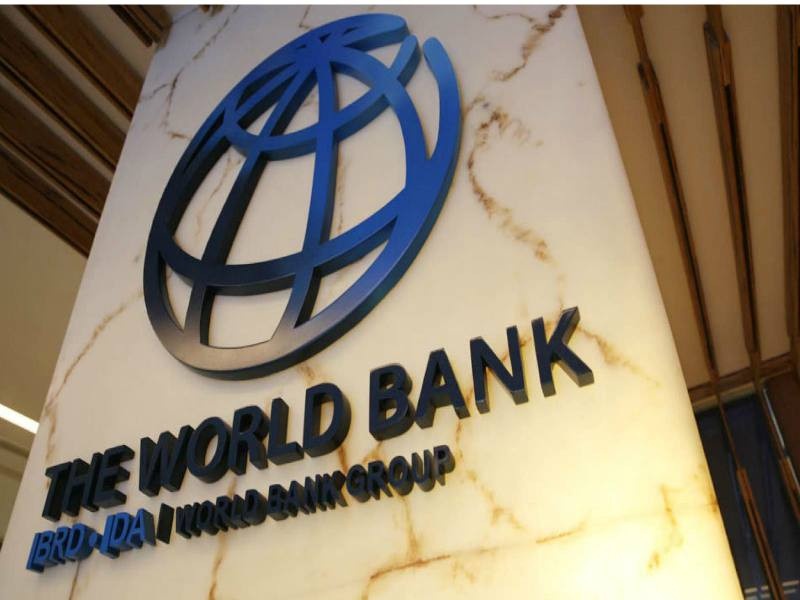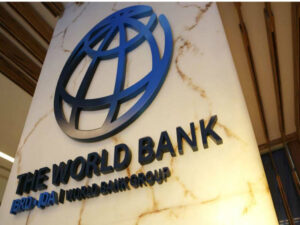

The international financial institution, the World Bank has warned that many non-poor Nigerians are only one small shock away from falling into poverty.
According to the Washington-based bank, such a shock can be induced by the issues of climate or conflict, further threatening Nigeria’s poverty reduction efforts.
It said this in a new report titled, ‘A Better Future for All Nigerians: 2022 Nigeria Poverty Assessment’.
The report read in part,
“Compounding macroeconomic frailties, shocks and uncertainty may blight Nigeria’s progress on poverty reduction; climate change could intensify shocks, further limiting opportunities to spread the proceeds of growth.
“Many non-poor Nigerians are only one small shock away from falling into poverty, while those who are already poor could be pushed into even deeper deprivation.”
The bank said that climate-related shocks, such as floods and droughts can harm agricultural activities, which can disrupt the lives of many Nigerian households.
It said:
“Climate-related shocks—such as floods and droughts—are particularly harmful because they threaten the rain-fed agricultural and pastoral activities that are common among households living below or just above the poverty line.
“Uncertainty about when such shocks may hit, combined with a lack of coping or insurance mechanisms, can trap households in poverty by discouraging the adoption of high-risk, high-reward technologies or investment in human and physical capital.
“This problem may currently be getting worse: climate change threatens to make floods and droughts more frequent and more severe, compounding this challenge for poverty reduction in Nigeria. Given the influence of shocks on income generation, it becomes even harder for any growth to percolate to Nigerian households and raise their living standards.”
It further said that conflict events had led to the displacement of some Nigerians, interrupting markets and livelihoods.
“Alongside increasing climate shocks, conflict events have proliferated, displacing populations, disrupting markets, and interrupting Nigerians’ livelihoods. Fatal conflict events have become more widespread across Nigeria in the past two decades, especially in the country’s north.
“This corresponds to the onset of the Boko Haram insurgency in 2009 in Nigeria’s North-East zone, the rise of criminal gangs and banditry in the North West, and growing political violence and vigilante groups in the south,” the Bank said in the report.
The PUNCH had in a report disclosed that four in 10 Nigerians live below the national poverty line, according to the World Bank.
It was also disclosed that Nigeria’s poverty reduction efforts were hampered by sluggish growth, low human capital, labour market weaknesses, and exposure to shocks.

Leave a Reply